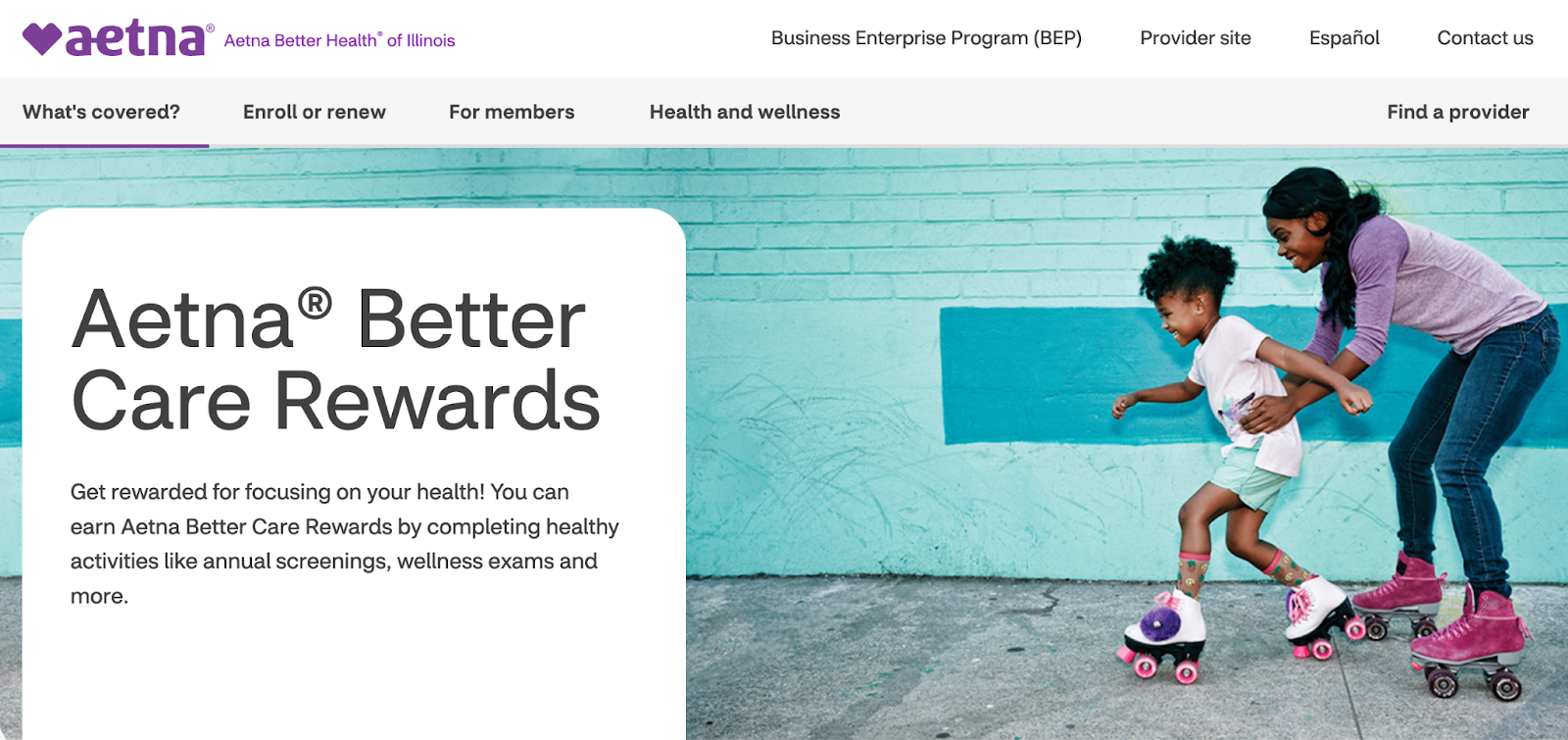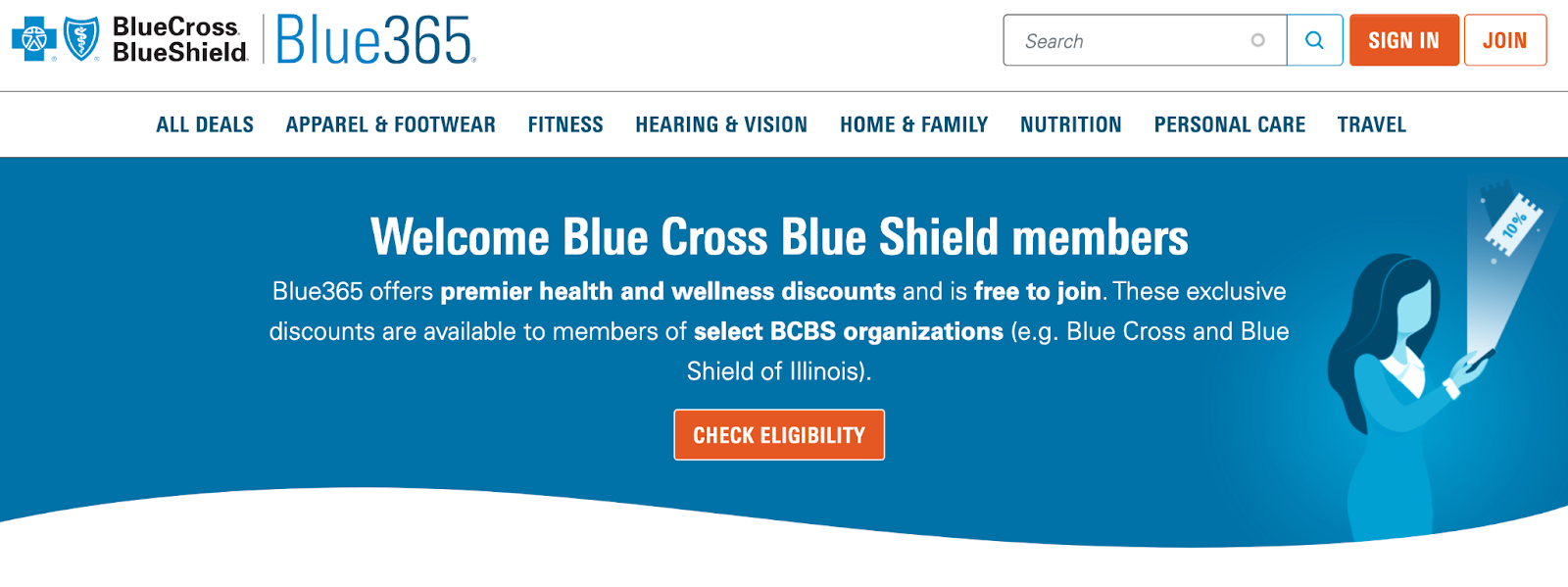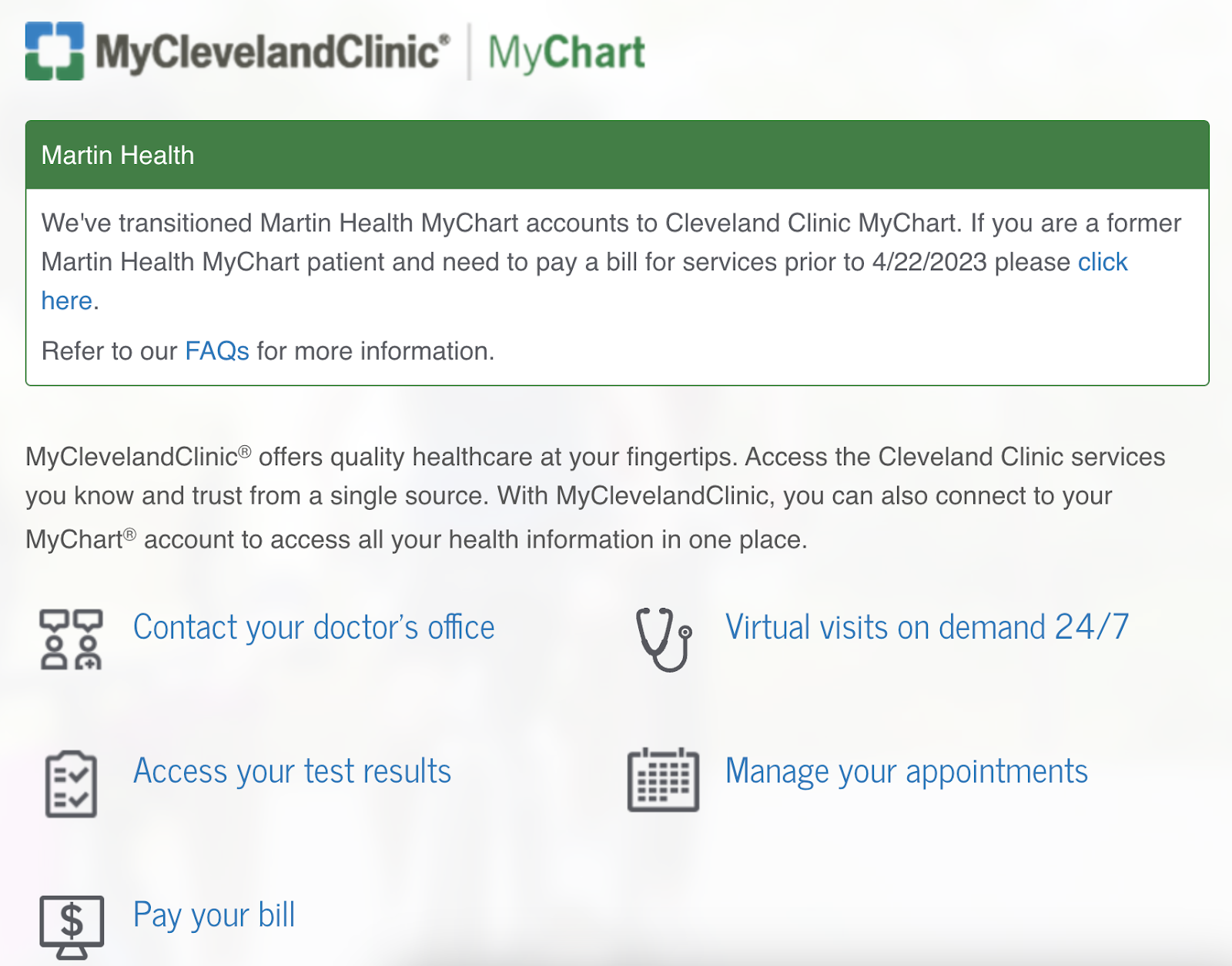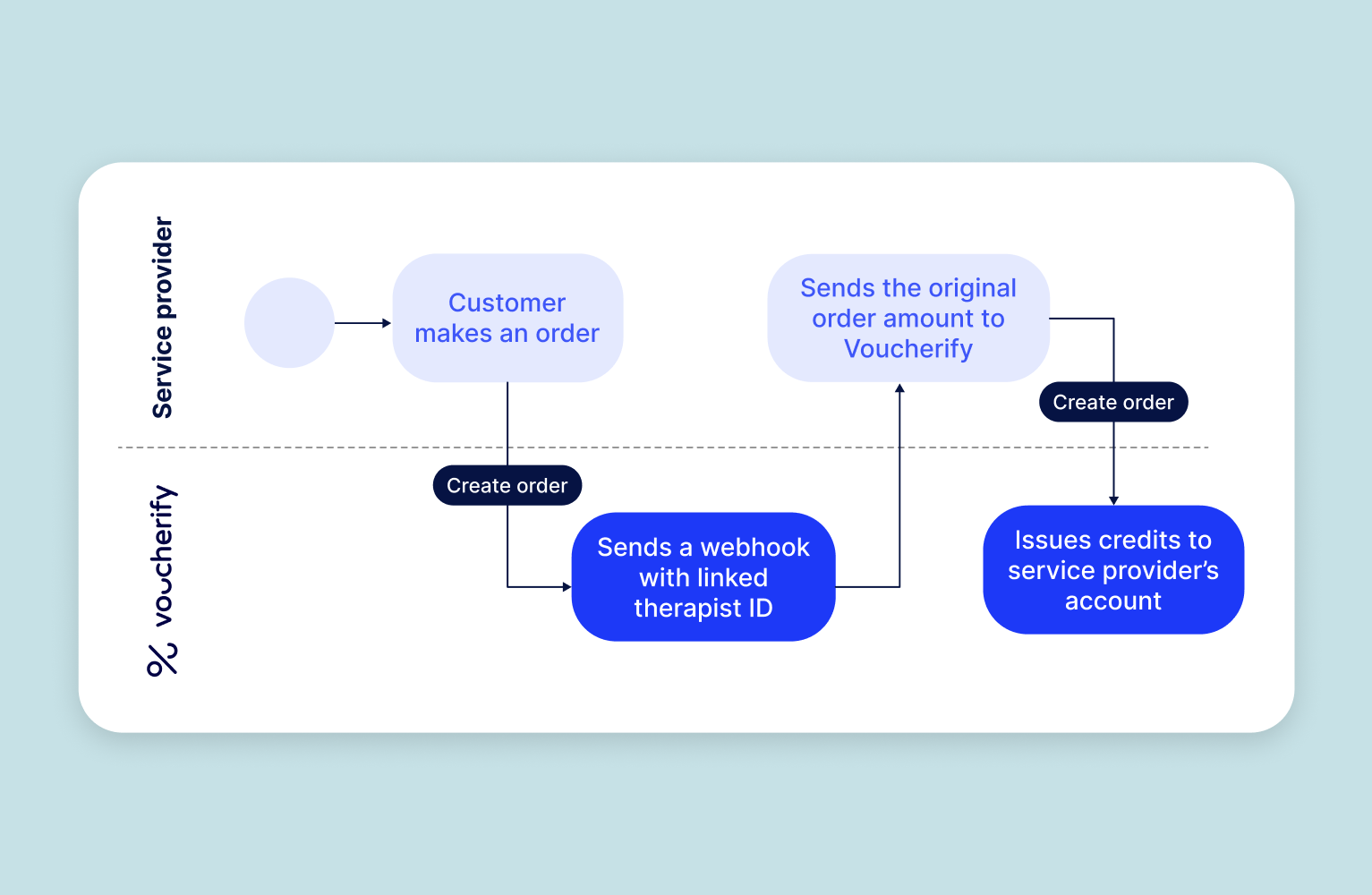
According to the Patient Pop’s Survey Report, patient churn rates are concerning, with more than one-third of patients (36%) reporting that they have switched healthcare providers within the past two years. The primary reasons for leaving, cited by 8 out of 10 patients, were subpar in-person experiences and ineffective communication.
In the current landscape, where the COVID-19 pandemic has heightened patient awareness about health and well-being, healthcare providers face a pressing need to enhance their services to ensure optimal experiences for those seeking medical assistance. Implementing a healthcare loyalty program can be a valuable strategy for retaining patients, meeting their evolving needs, and securing the continuity of your healthcare businesses.
This article delves into the challenges of the healthcare industry, explores the concept of healthcare loyalty programs, and highlights the benefits they offer to clinics and other healthcare and wellness providers. Additionally, I will explore different loyalty programs types suitable for the healthcare industry and discuss various loyalty rewards that can be offered to patients.
One of the critical challenges for healthcare businesses is retaining patients and preventing them from switching providers. Poor customer service is a major driver of patient dissatisfaction and can lead to patient churn. Factors such as long wait times, difficulty in scheduling appointments, lack of responsiveness to patient concerns, and ineffective communication can all contribute to a negative customer experience.
Patient retention is crucial for the long-term success of healthcare businesses. It is more cost-effective to retain existing patients than to acquire new ones. However, retaining patients can be challenging due to various factors. These may include limited access to care, lack of engagement and personalized communication, suboptimal patient experiences, and competition from other healthcare providers.
Patient acquisition is a constant challenge for healthcare businesses. The healthcare industry is highly competitive, and patients have numerous options to choose from. Therefore, healthcare businesses must develop effective marketing strategies, establish strong referral networks, and differentiate themselves from competitors. They should emphasize their unique value proposition, highlight their expertise, and engage in targeted outreach to attract new patients. Additionally, leveraging online platforms, social media, and digital marketing can help improve patient acquisition.
Enhancing the healthcare experience is a critical challenge for healthcare businesses. Patients increasingly expect a consumer-oriented approach, where they are treated as active participants in their care rather than passive recipients. Improving the healthcare experience can take many forms – from reducing wait times and providing personalized care plans to implementing patient-friendly technologies and creating welcoming and comfortable environments.
Healthcare businesses must prioritize delivering exceptional customer service by addressing these issues and ensuring prompt and compassionate care. One way to combat the above challenges is implementing a patient loyalty program at a healthcare establishment.
Healthcare loyalty program is a structured initiative implemented by healthcare providers or organizations to incentivize and reward patient loyalty. Like loyalty programs in other industries, a healthcare loyalty program aims to cultivate long-term relationships with patients by offering various benefits, incentives, and rewards for their continued engagement and utilization of healthcare services.
Healthcare and wellness loyalty programs are suitable for all types of healthcare practice – from hospitals, clinics, and health insurance groups to health tech startups or mental health support organizations.
There are two key patient concerns that a well-implemented healthcare loyalty program can help solve:
In addition to the benefits discussed, let's further explore some specific types of loyalty programs that healthcare providers can consider implementing:
These programs allow patients to accumulate points based on their interactions and purchases within the healthcare provider's ecosystem. Patients can then redeem these points for various rewards or discounts on future healthcare services.
Aetna, an American healthcare insurance company, offers the Aetna Health Rewards program. Members can earn points by engaging in healthy behaviors, such as getting an annual wellness exam, completing online health assessments, and participating in wellness programs. Points can be redeemed for discounts on gym memberships, fitness equipment, and other health-related products and services.

By collaborating with other healthcare-related establishments such as pharmacies, gift shops, or wellness centers, healthcare providers can create a coalition loyalty program. This allows patients to earn and redeem loyalty points across multiple establishments within the same healthcare provider or company, enhancing the value and flexibility of the program.
Shoppers Drug Mart is a leading pharmacy retailer offering the PC Optimum program, a coalition loyalty program. PC Optimum allows customers to earn and redeem loyalty points not only at Shoppers Drug Mart/Pharmaprix pharmacies but also at other partner locations, including grocery stores, gas stations, and other retail outlets affiliated with the program.

Offering different loyalty tiers within a loyalty program, such as a VIP patient loyalty program, can incentivize patients to reach higher levels by providing exclusive benefits and privileges. This tiered approach encourages clients to actively engage with the healthcare provider, thereby increasing their loyalty and satisfaction.
UnitedHealthcare, one of the largest healthcare insurance providers in the United States, offers a tiered loyalty program called Motion. The program is designed to incentivize and reward members for adopting healthy habits and engaging in physical activity.
The program assigns points or credits to members based on their physical activity levels – accumulated points contribute to tier advancement. Higher activity levels and consistency in meeting activity goals help members move up to higher tiers.

Offering paid membership programs can provide patients with additional perks and benefits beyond the standard loyalty program. This can include access to exclusive services, priority scheduling, or special discounts, creating a sense of exclusivity and value for members.
Parsley Health is a membership-based healthcare provider focusing on holistic and functional medicine. Members pay a monthly or annual fee and receive personalized health plans, functional medicine consultations, advanced testing, and ongoing care from a dedicated healthcare team.

Integrating wellness programs into loyalty initiatives can promote a holistic approach to patient care. These programs may include personalized health coaching, access to fitness classes, nutrition consultations, or mental health resources, encouraging patients to prioritize their overall well-being.
Blue365 is a wellness program offered by various Blue Cross Blue Shield (BCBS) health insurance companies across the United States. BCBS members can access exclusive discounts and offers on wellness products and services, including fitness club memberships, healthy lifestyle programs, and wellness products.

Cumulative loyalty programs allow patients to accumulate rewards or benefits over extended periods, incentivizing ongoing engagement and loyalty. This can be particularly effective for chronic or long-term care scenarios, where patients may require continued support and follow-up services.
Cleveland Clinic, a popular US healthcare provider, has a cumulative loyalty program through their MyChart Rewards program. Patients can accumulate points by actively using the MyChart patient portal, engaging in various healthcare activities, and accessing their health records. These points can then be redeemed for rewards such as gift cards, service discounts, or even charitable donations.

Hosting exclusive events, such as educational seminars, health fairs, or community gatherings, allows healthcare providers to connect with patients more deeply. Inviting loyalty program members to these events can enhance patient engagement and foster a sense of belonging within the healthcare community.
Kaiser Permanente, a healthcare provider and insurance company, offers a loyalty program that includes invitations to events. Members of their Thrive loyalty program may receive exclusive invites to wellness events, health fairs, educational seminars, and workshops. These events cover a wide range of topics, including nutrition, exercise, stress management, preventive care, and chronic disease management.

Integrating referral and loyalty programs can be a powerful way to leverage existing patients as brand ambassadors. By rewarding both the referring patient and the new patient, healthcare providers can drive patient referrals while fostering loyalty.

As seen in the above chart, patients rely on reviews from other patients when assessing and choosing a healthcare provider. Therefore, implementing a loyalty program that is combined with a referral one can guarantee success both in terms of existing patients’ satisfaction and new patient acquisition.
While most referral programs focus on rewarding patients, you can also combine referrals and loyalty to recognize the service providers driving long-term value. With Voucherify, it's possible to reward providers, such as therapists or coaches, not just once, but every time their referred patients make a purchase.
Using custom webhook payloads and metadata, referred customers can be linked to the referring provider, and loyalty points can be issued automatically based on real spending. It’s a practical way to incentivize ongoing referrals and deepen provider engagement, ultimately leading to better patient experiences, too.
Learn how to set it up with Voucherify: Build referral revenue sharing for service providers

As we talked about the kinds of healthcare loyalty programs that you can offer, let’s now delve into rewards that your patients are much likely to enjoy:
Healthcare rewards programs hold immense potential for healthcare providers in enhancing patient retention, improving health outcomes, and ensuring long-term loyalty. By offering personalized incentives, such programs can address the evolving needs of patients while fostering stronger patient-provider relationships.
As healthcare providers navigate the challenges of the current healthcare landscape, it is crucial to explore and implement loyalty programs as a proactive approach to meet patient expectations and secure the future success of their practices.
.svg)